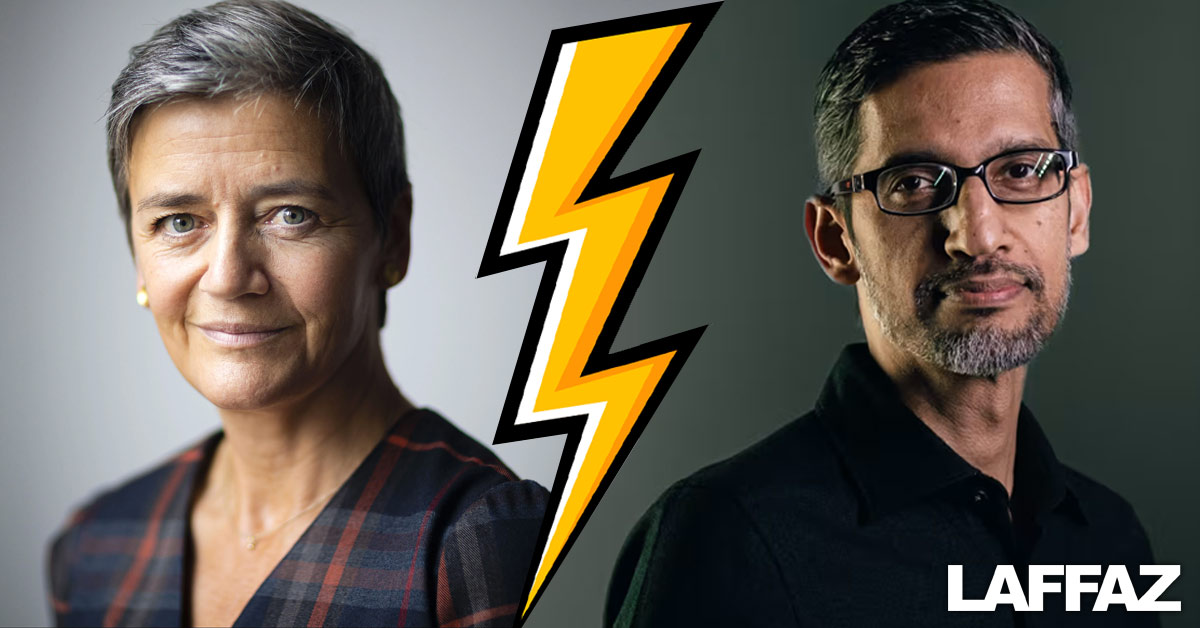Google’s appeal against the European Commission‘s 2017 antitrust ruling has been rejected, upholding the record-breaking €2.42 billion ($2.7 billion) fine imposed on Alphabet, Google’s parent company. The EU found Google’s shopping comparison service violated competition regulations, requiring modifications to its operation.
Google’s appeal against the European Commission’s antitrust decision was largely rejected by the General Court of the European Union in November 2021. The court upheld the ruling that Google’s practice of self-preferencing its shopping service in search results was anti-competitive, harming rival comparison services. Consequently, the €2.42 billion penalty imposed by the Commission was confirmed. However, the court partially sided with Google, annulling the Commission’s finding that the company’s conduct had broader anticompetitive effects on the general search services market.
Google took its appeal to the highest level, petitioning the Court of Justice of the European Union (CJEU), but on Tuesday, the court delivered another ruling unfavorable to the search giant.
The CJEU upheld the General Court’s findings, issuing a ruling that supported the earlier analysis. The court stated in a press release: “In light of the characteristics of the market and the specific circumstances of the case, Google’s conduct was discriminatory and did not fall within the scope of competition on the merits,” thereby reaffirming the previous decision.
At a press conference this morning, EU Competition Commissioner Margrethe Vestager described the Google Shopping case as “a landmark in the history of regulatory actions against Big Tech companies,” highlighting its significance in the context of regulating major technology firms.
“It was one of the first significant antitrust cases brought by a competition agency against a major digital company and I think this case marked a pivotal shift in how digital companies were regulated and also perceived,” she added.
In further remarks on the CJEU ruling, she said, “The Court of Justice confirms that, in certain circumstances, the favorable treatment of its own services by a dominant company can be a breach of Article 9(2) of the European treaty. This important judgment validates the Commission’s approach to such practices. We call them self preferencing. Of course a dominant company, as any other company, [is] free to innovate in all fields but in doing so they should compete on the merits of their innovation. However, they cannot lean on the competitive advantage that they hold because of their market power. Going forward, the Commission will, of course, make sure that the principle enshrined in this judgment – which is now final – is upheld to the benefits of all European consumers.”
Google spokesman Rory O’Donoghue responded to the CJEU ruling by emailing a company statement that reads: “We are disappointed with the decision of the Court. This judgment relates to a very specific set of facts. We made changes back in 2017 to comply with the European Commission’s decision. Our approach has worked successfully for more than seven years, generating billions of clicks for more than 800 comparison shopping services.”
In a significant development, the latest ruling may spell the end of Google’s protracted appeal against the European Commission’s Shopping decision. With limited options remaining, the tech giant may only be able to challenge the CJEU on a narrow point of law. This potentially marks the culmination of Google’s legal efforts to overturn the decision, unless the company identifies a technical legal ground to pursue further.
Google has lodged multiple appeals against various European Commission antitrust rulings, with mixed results. Notably, in September 2022, the EU’s General Court upheld a substantial portion of the record-breaking €4.34 billion antitrust fine imposed on the tech giant for its practices related to the Android mobile operating system.
Notably, Google has also lost its battle in the United States as federal judge Amit P. Mehta of the U.S. District Court for the District of Columbia, on September 6, ruled that Google had illegally maintained its dominance in the online search market. The evidentiary hearing is expected to be held in March or April 2025 to determine the punishment for the tech giant to be delivered in August 2025.






